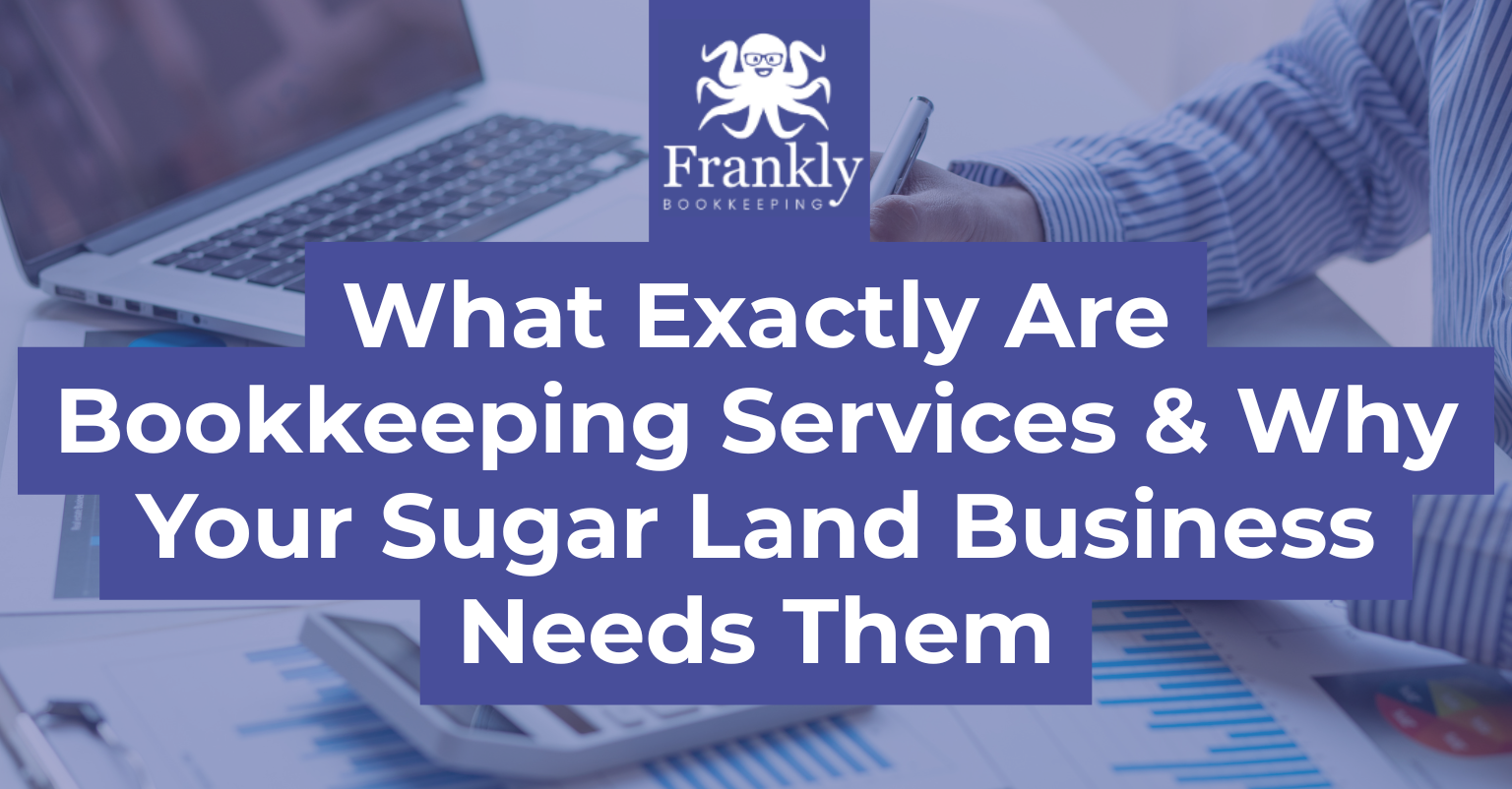
Managing your business finances can feel overwhelming, especially when terms like “bookkeeping” and “accounting” are used interchangeably. While they both deal with your financial data, they serve different purposes. Understanding the difference between bookkeeping and accounting is essential for making informed decisions about your business’s financial health.
If you have ever wondered whether you need a bookkeeper, an accountant, or both, you are not alone. Many small business owners find this part of running a business confusing. But don’t worry, once you understand the basics, it’s easier than you think. Knowing what each role offers can save you time, money, and a lot of chaos.
In this blog, we will break down the differences between bookkeeping and accounting so you can determine which services your business needs and when.
Bookkeeping involves the systematic recording of daily financial transactions. It’s the foundation of your business’s financial records, ensuring that every sale, purchase, and expense is accurately documented.
If you are tired of trying to manage all this alone, let Frankly Bookkeeping handle the numbers while you focus on your business. From managing your accounts to keeping your records clean and compliant, Frankly bookkeeping helps small businesses stay financially organized with precision and care.
Accounting builds upon the data provided by bookkeeping to analyze, interpret, and summarize financial information. Accountants provide insights into the financial health of your business and assist in strategic planning.
Accountants often hold certifications like CPA (Certified Public Accountant) and have a deeper understanding of financial regulations and reporting standards.
Need clean, accurate books to hand off to your accountant come tax season? Frankly Bookkeeping ensures your financial data is organized and up-to-date so your accountant can do their job efficiently, with no last-minute scrambling.
| Aspect | Bookkeeping | Accounting |
| Purpose | Recording financial transactions | Analyzing and interpreting financial data |
| Focus | Day-to-day financial activities | Overall financial health and strategy |
| Skills Required | Attention to detail, basic accounting knowledge | Analytical skills, understanding of tax laws, and financial regulations |
| Tools Used | Accounting software (e.g., QuickBooks) | Advanced financial analysis tools |
| Outcome | Accurate financial records | Strategic financial decisions and compliance |
Understanding these differences helps determine which services your business requires at various stages of growth.
Frankly Bookkeeping specializes in managing the day-to-day financial tasks, so your accounting team can work from a solid, accurate foundation. With streamlined systems and cloud-based solutions, Frankly Bookkeeping brings clarity to your numbers.
Bookkeeping services are essential for businesses that must keep track of daily transactions, manage invoices, and ensure that financial records are up-to-date. They provide the foundation upon which all other financial analysis is built.
Outsourcing bookkeeping services is an intelligent move if you’re a small business owner who wants to focus on core operations without getting bogged down by financial record-keeping.
Frankly Bookkeeping offers full-charge bookkeeping, monthly reconciliation, accounts receivable/payable management, and more. It’s like having your finance department—without the overhead.
Accounting services are crucial when your business requires in-depth financial analysis, tax planning, or strategic financial advice. Accountants help you understand the bigger financial picture and guide your business decisions.
Engaging an accountant is particularly beneficial during tax season, when seeking funding, or when making significant business decisions that require financial forecasting and analysis.
Frankly Bookkeeping supports your accountant by giving error-free, ready-to-go reports and reconciliations. Whether quarterly check-ins or year-end prep, Frankly Bookkeeping ensures your accountant has what they need.
Bookkeeping and accounting go hand in hand—without organized books, accounting becomes guesswork. Consider bookkeeping as the “inputs” and accounting as the “outputs.”
Well-managed bookkeeping ensures:
Frankly Bookkeeping bridges your daily operations and long-term financial goals. Whether you are using an accountant or not, having a professional bookkeeper by your side helps you stay on track.
In many cases, yes. Bookkeepers and accountants work best as a team. However, for many small businesses, a bookkeeper is the starting point. They handle the daily grind, organize the data, and keep your records clean so an accountant can come in when needed.
Frankly Bookkeeping partners with business owners who want peace of mind and organized books, without hiring a full-time staff. With flexible packages and personalized service, you can start small and grow when ready.
Both bookkeeping and accounting play vital roles in the financial management of your business. Bookkeeping ensures that your financial records are accurate and up-to-date, while accounting provides the insights needed for strategic decision-making.
Understanding the distinction between these services allows you to allocate resources effectively and seek the right expertise when needed.
If you are looking for reliable bookkeeping services to keep your financial records in order, consider contacting Frankly Bookkeeping. We specialize in helping small businesses maintain accurate financial records, ensuring you are well-prepared for any accounting needs.
Contact us today and enjoy dependable, affordable, and friendly bookkeeping services.

Copyright 2023 Frankly Bookkeeping | Terms of Service | Privacy Policy | Disclaimer | Site Map